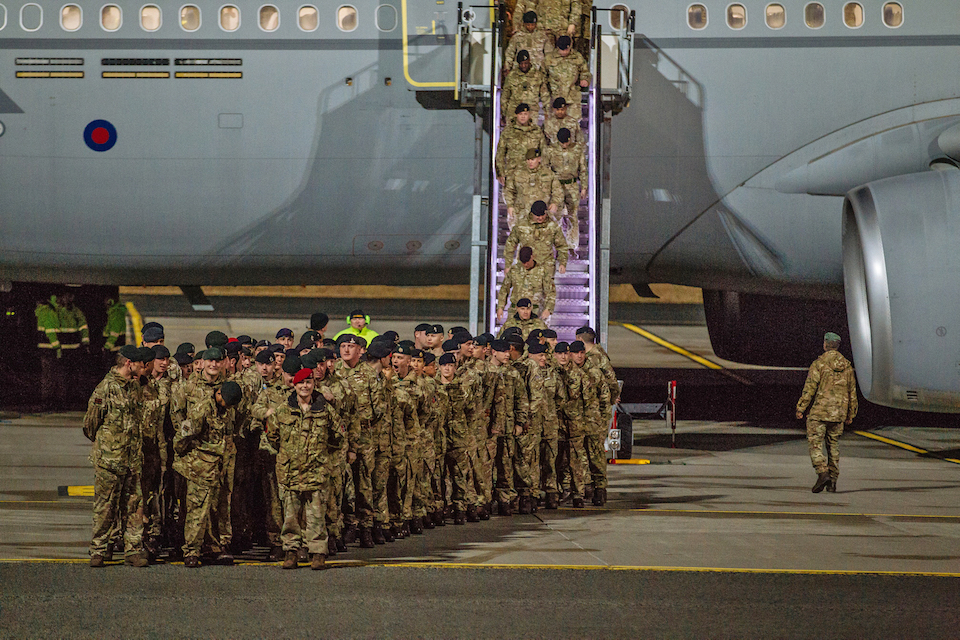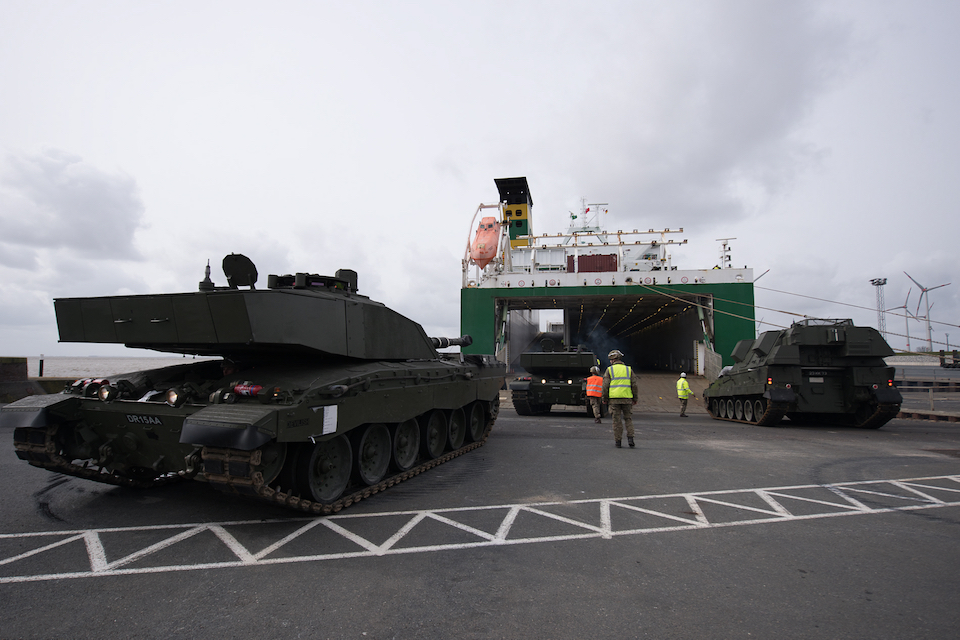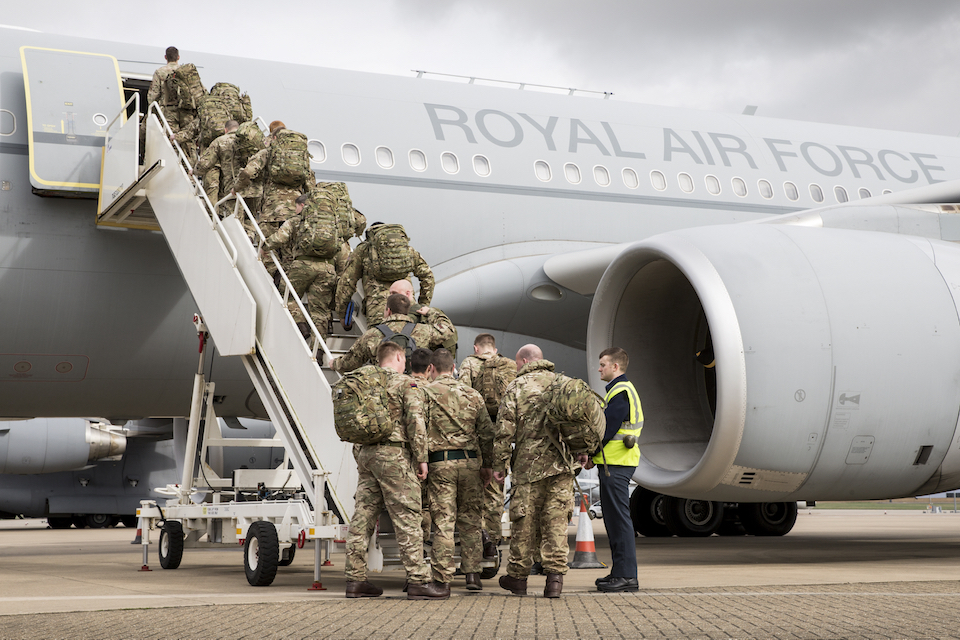News story: Defence Minister and Prince Harry celebrate 200 year relationship with Nepal
Defence Minister Mark Lancaster, who served with the Queen’s Gurkha Engineers himself, was at a special ceremony at the Nepali Embassy in London this afternoon to celebrate the end of the 200th year of UK-Nepal relations by the Nepali calendar.
The Minister and His Royal Highness Prince Harry met Gurkha families and watched Nepali cultural performances, including a traditional Khukuri dance by a Brigade of Gurkhas.
Defence Minister Mark Lancaster said:
Having served in the Brigade of Gurkhas myself, I’m particularly proud of our brave Nepali Gurkhas and the key part they play in our Armed Forces and Britain’s role on the world stage. This bicentenary year has been a unique chance to celebrate this and, as well as looking back, we can look forward our special relationship continuing long into the future.
With formal relations between the countries ratified in March 1816, the Brigade of Gurkhas of the British Army has recruited soldiers from Nepal since the 19th century. Gurkha soldiers fought bravely in both the First and Second World Wars, the Falkland Islands and more recently in Afghanistan and Iraq. Gurkha servicemen from Nepal have won 13 Victoria Crosses, the highest British award for gallantry.
They remain a fully integrated part of the British Armed Forces and, with a unique set of local knowledge, language skills and engineering experience, they also played a vital role in the humanitarian relief effort after Nepal suffered a devastating earthquake in 2015. They, along with the UK’s C-130 RAF Hercules aircraft which delivered vital aid to vulnerable people, contributed to the UK’s overall response to the disaster.


